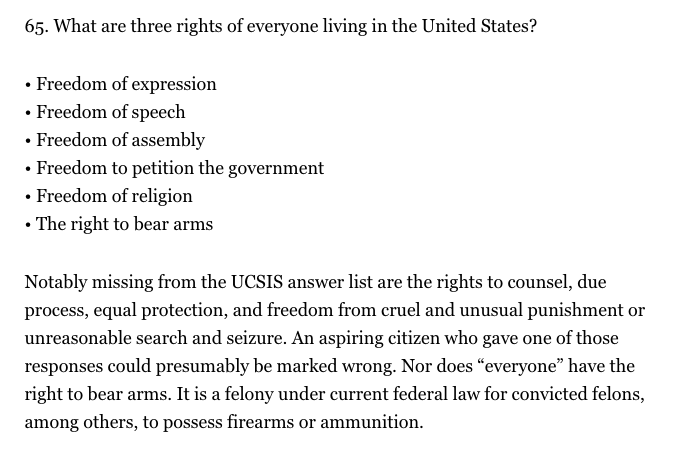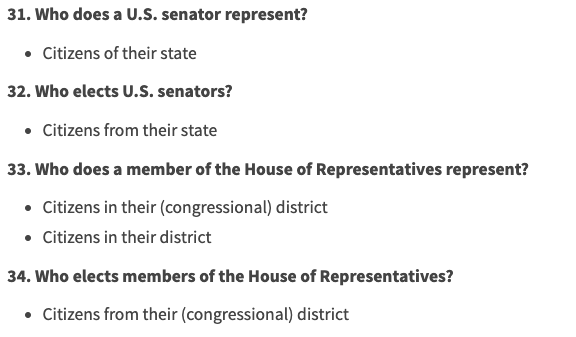
It's no surprise that Joe Biden plans to begin his administration with a flurry of executive actions—that's what presidents tend to do as leaders of the Executive Branch.
"Executive action" isn't the same as "executive fiat" or "executive overreach."
1/
"Executive action" isn't the same as "executive fiat" or "executive overreach."
1/
https://twitter.com/AndrewSolender/status/1350548110896984064
In the end, "executive overreach" is whatever the courts find to be outside the authorities granted to the Executive Branch by Congress or the Constitution.
But in the beginning, as a policy takes shape, you could say that executive overreach is a state of mind.
2/
But in the beginning, as a policy takes shape, you could say that executive overreach is a state of mind.
2/
Under Obama, executive actions went through layers & layers of scrutiny from gov't lawyers before they were initiated.
It wasn't just fear of losing in court—officials wanted to stay on the lawful side of statute & judicial precedent.
Expect the same from Team Biden.
3/
It wasn't just fear of losing in court—officials wanted to stay on the lawful side of statute & judicial precedent.
Expect the same from Team Biden.
3/

Under Trump, "lawful executive action" was redefined to mean "whatever we want to do & let's hope 5 Supreme Court justices ultimately agree."
From the very first week, policies flew out the door with minimal-to-zero internal legal scrutiny.
4/
theguardian.com/us-news/2017/j…
From the very first week, policies flew out the door with minimal-to-zero internal legal scrutiny.
4/
theguardian.com/us-news/2017/j…
Howls about "executive overreach" will soon pour forth from Joe Biden's opponents. You can set your watch by it.
But the lawyerly policymaking process under Biden will be nothing like the nihilistic power plays under Trump.
5/
But the lawyerly policymaking process under Biden will be nothing like the nihilistic power plays under Trump.
5/
(Speaking of lawyerly, here's a rundown of executive orders vs. presidential memoranda vs. regulations vs. all kinds of other stuff commonly lumped together as "executive actions," focusing on immigration policy. Enjoy?)
6/6
6/6
https://twitter.com/doug_rand/status/1325805675402956801
• • •
Missing some Tweet in this thread? You can try to
force a refresh









